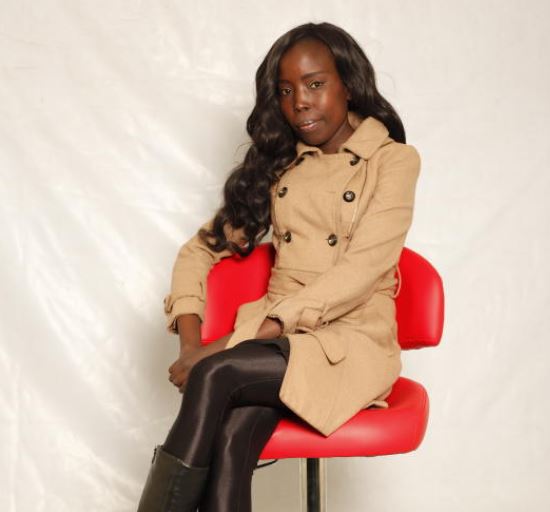×
The Standard e-Paper
Fearless, Trusted News

Teresa Ouma, 34, has had to manage the harsh symptoms of sickle cell anaemia since she was a girl. She shares her experience with Christine Odeph.
I am the only one in a family of six who has sickle cell anaemia. As a child, my parents didn’t really discuss it – they just managed it as best they could - but I was the child who was always unwell. They were more lenient with me. I would be exempted from certain chores, especially during cold season.